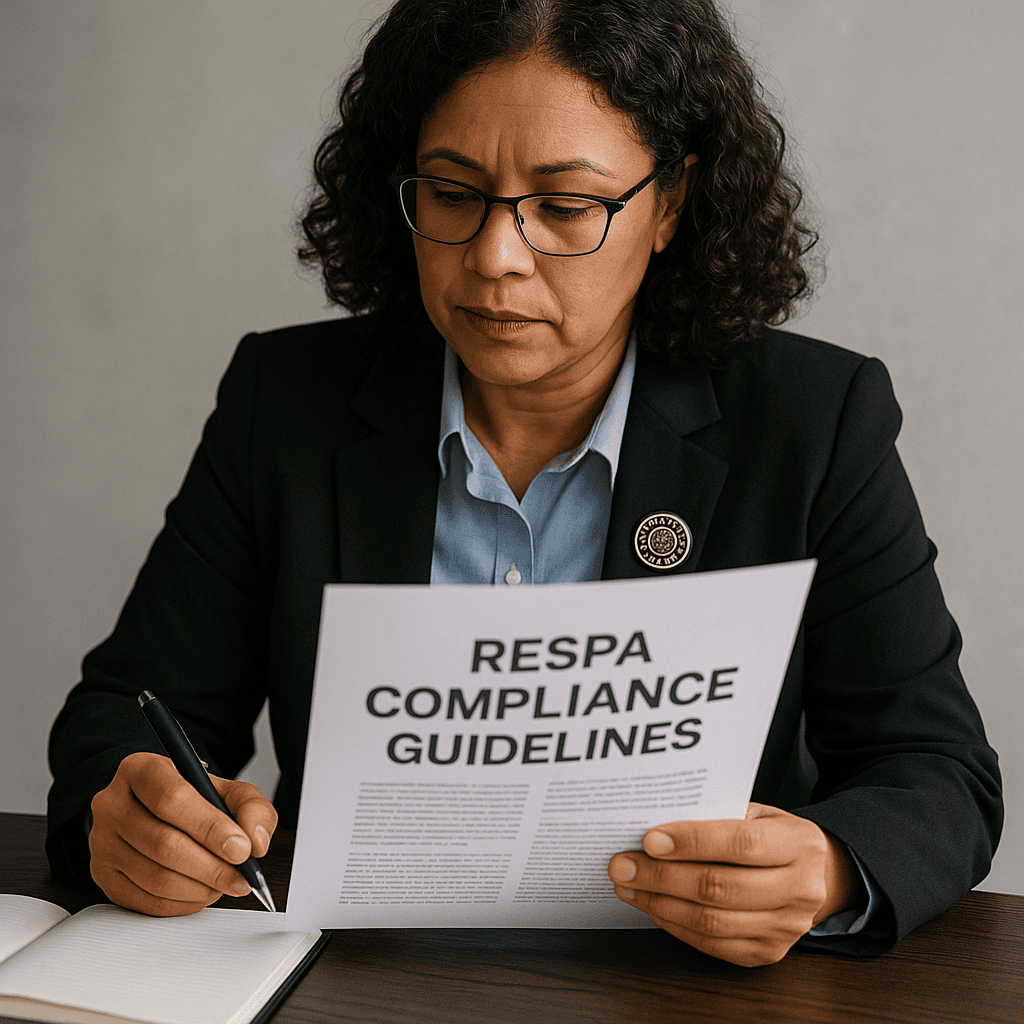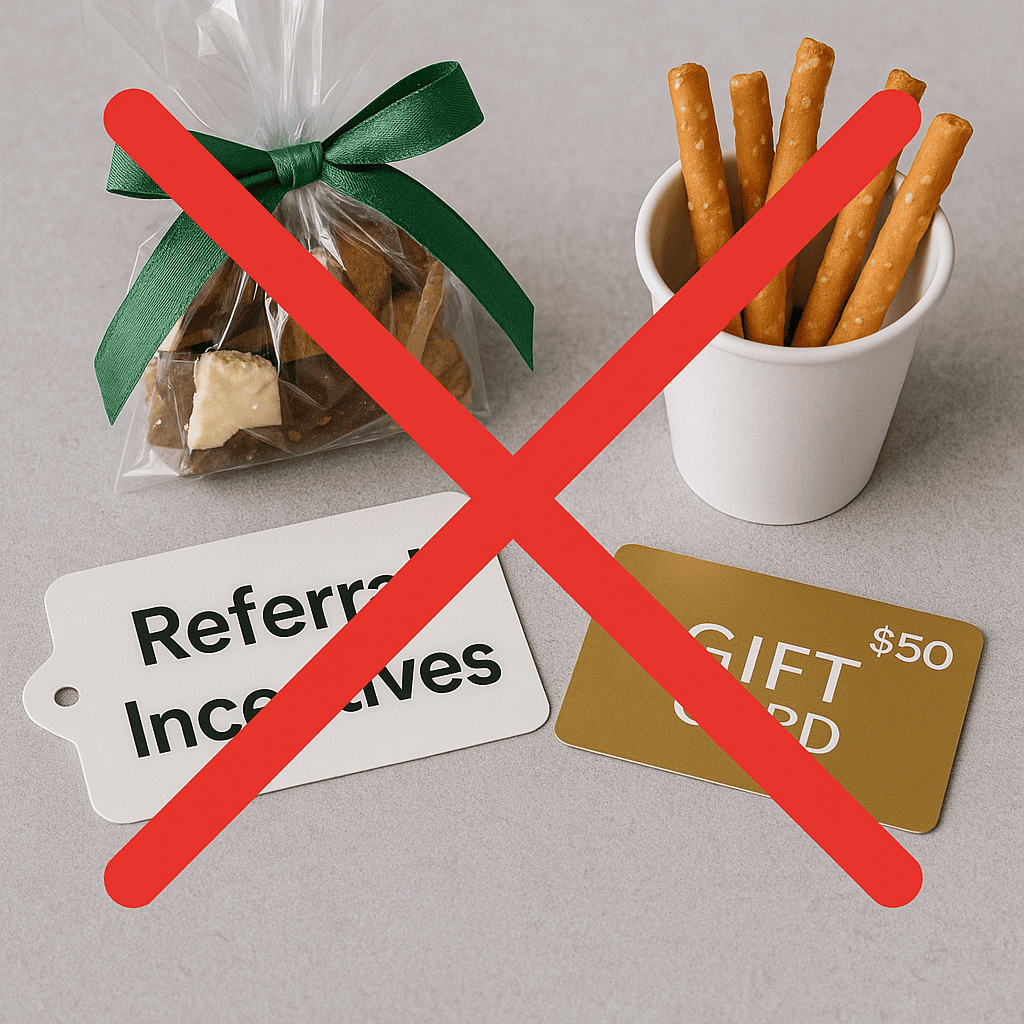Understanding RESPA: What Every Notary Public Should Know About Ethics, Compliance, and Referral Laws

As a Notary Public—especially those involved in real estate transactions—it’s vital to understand the boundaries of your role. While you’re not an attorney, title agent, or broker, your work often intersects with industries that are heavily regulated. One of the most crucial laws governing these industries is RESPA, the Real Estate Settlement Procedures Act.
But how does RESPA relate to your responsibilities as a notary? And more importantly, how do its ethical implications shape the way you conduct business?
What Is RESPA?
RESPA is a federal consumer protection statute enacted in 1974 and regulated by the Consumer Financial Protection Bureau (CFPB). Its core purpose is to:
Promote transparency in real estate settlements,
Eliminate kickbacks and referral fees that increase the cost of settlement services,
Ensure consumers are provided with full disclosure of settlement charges.
This law applies to most residential mortgage transactions, including refinances, equity lines, and purchase loans.
Why RESPA Matters to Notaries
You might think, “I just notarize signatures—what does this have to do with me?” The answer lies in your ethical obligations and your proximity to settlement transactions. Notaries are often on the front lines during real estate closings, where multiple parties—lenders, title companies, brokers, and signing services—come together.
Here’s how RESPA applies to your notary business:
1. No Kickbacks or Referral Fees
RESPA strictly prohibits giving or receiving anything of value in exchange for referrals of business related to settlement services.
🚫 You Cannot:
Pay a real estate agent or title company to refer notary work to you.
Give gifts, incentives, or “thank you” cards with gift cards or money for referrals.
Accept a bonus or fee for sending signers to a specific lender or title agency.
✅ You Can:
Market your business through legal advertising methods.
Build relationships through networking and education (without referral payments).
Receive assignments from signing services or title companies, provided no referral fee arrangements exist.
2. Transparency in Services
Your role as a notary must be impartial and clear to the client. RESPA supports this by requiring transparency in who is providing what service and how much they’re being paid.
✅ As a notary, this means:
Disclosing your notarial fee clearly and upfront.
Never acting as both the notary and a party with financial interest in the transaction.
Avoiding any perception of impropriety by keeping roles distinct.
3. Avoiding Dual Roles
Even if you hold multiple licenses (e.g., real estate agent and notary), it’s unethical—and often illegal—to serve both roles in the same transaction without proper disclosure and separation of responsibilities.
RESPA supports this ethical separation to protect consumers from conflicts of interest.
4. Recordkeeping and Accountability
RESPA requires accurate documentation of all settlement services and fees. As a notary, your journal, certificate entries, and invoice practices must align with this goal.
📌 Tip for Notaries:
Keep detailed records of your signings.
Track who hired you, what was paid, and the services rendered.
Be ready to provide documentation in the event of an audit or legal review.
5. Partnerships with Title and Mortgage Companies
It’s tempting to partner with a title agency and offer bundled services, but be careful. RESPA prohibits “affiliated business arrangements” unless:
The relationship is clearly disclosed in writing,
The consumer is not required to use the affiliated provider, and
There’s no exchange of value for referrals.
As a notary, always ask: Is this arrangement in the best interest of the client, or am I crossing an ethical line for convenience or compensation?
RESPA and the Notary's Code of Ethics Go Hand-in-Hand
As a Notary Public, your credibility is built on impartiality, transparency, and adherence to the law. RESPA is a federal statute designed to protect those same values within real estate transactions.
When you understand RESPA, you don’t just stay compliant—you build trust with clients, title companies, and lending institutions.
Remember: Doing the right thing isn’t just ethical, it’s good business
✅ Action Step for Notaries: Understand the Difference Between Referral Incentives and Appreciation Gifts
It’s essential to distinguish between illegal referral incentives and permissible thank-you gestures—because RESPA draws a firm legal line between the two.
🚫 Pre-Work Referral Incentives (Not Allowed Under RESPA):
Offering anything of value before receiving business—like snacks, gift cards, goodie bags, or gift baskets—in exchange for referrals violates RESPA’s anti-kickback rule. These items can be considered an unlawful “inducement” to steer business your way.
Examples of illegal referral incentives:
Sending a gift card to a realtor just for recommending you.
Dropping off a basket of goodies with a note: “Send clients my way.”
Promising a commission or bonus for every referral you receive.

✅ Post-Service Thank You Gifts (Generally Allowed if Unsolicited and Modest):
After a job is completed—and not tied to a referral agreement—you may show appreciation with a small, unsolicited thank-you gesture. The key is that it’s not offered in advance to secure business.
Examples of generally acceptable gestures:
Sending a handwritten thank-you card after a successful closing.
Giving a modest holiday gift to a long-term partner (not tied to a referral).
Treating a title agent to coffee as a token of gratitude—not as a bribe.
👉 Best Practice: If you’re giving anything of value, always ask:
“Is this to say thank you or to earn future business?”
If it's the latter, it's likely a RESPA violation.

Need help understanding notary laws, ethics, or business best practices?
Visit www.thenotaryeducationgrp.com for trusted resources and courses designed for today’s notary entrepreneur.

